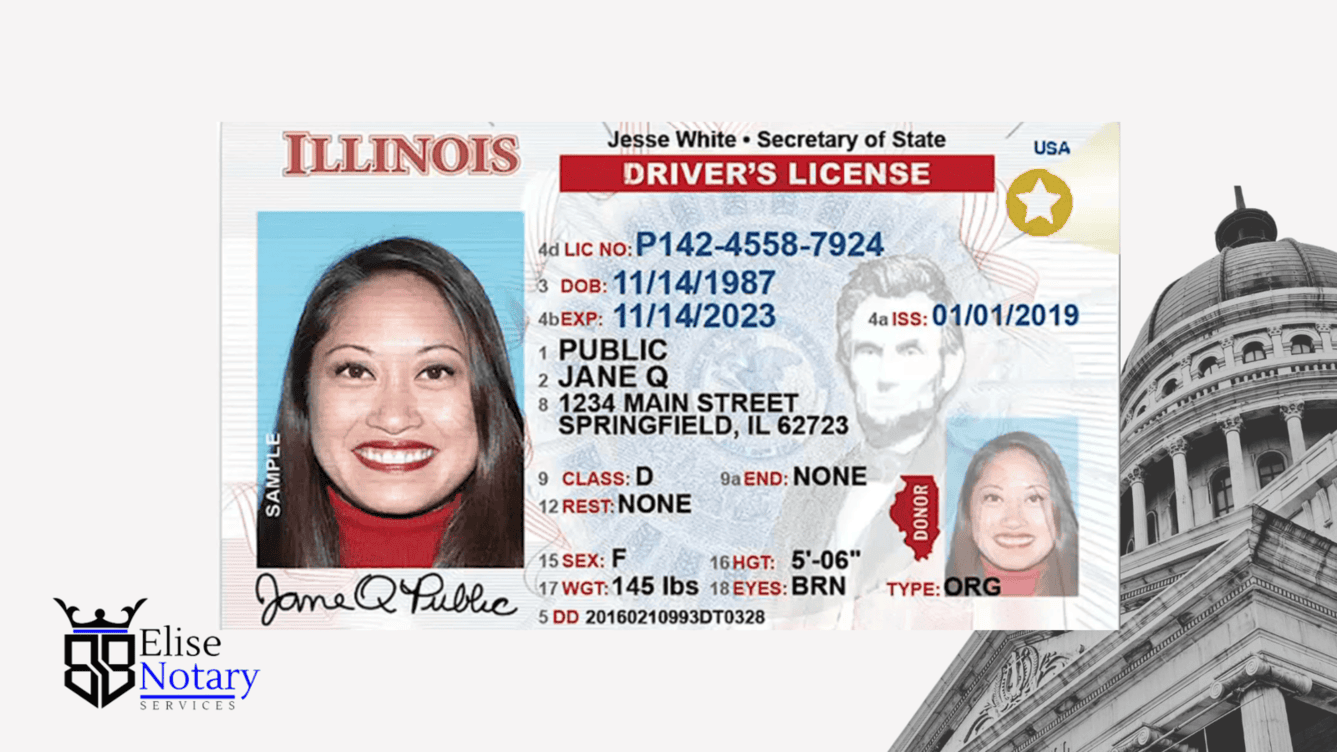Why Physical Government-Issued Identification is Essential for Notary Transactions

When getting a document notarized, one of the first things a notary will ask for is a valid, government-issued identification (ID). Whether you're signing a real estate deed, a power of attorney, or an affidavit, showing a physical ID is a critical step. But why is this necessary, and why can’t you just show a digital copy from your phone or drive?
The Role of Notaries: Protecting Against Fraud
Notaries play an essential role in ensuring the authenticity of legal documents. Their main job is to verify the identity of the signer, confirm that they are willing to sign, and that they understand what they’re signing. Without proper identification, the risk of fraud and identity theft skyrockets.
Why is a physical ID required? A notary's responsibility goes beyond just taking a glance at an ID. They need to inspect the document for authenticity, feel the textures, check holographic images, and spot any signs of tampering. Digital copies just don't provide the same level of security.
The Problem with Digital Copies
In today's digital age, it's common to have copies of important documents stored on your phone or in the cloud. But when it comes to notarization, these copies just don’t cut it. Here's why:
- Potential for ManipulationDigital images can easily be altered, intentionally or unintentionally. A screenshot or a scanned copy of an ID is not a foolproof representation. Even the smallest modifications, like a cropped image or blurred section, can render the identification invalid.
- Security Features Are LostMost physical government-issued IDs, like driver’s licenses and passports, have security features that cannot be replicated in a digital copy. Watermarks, holograms, and raised lettering are critical in verifying that an ID is real and unaltered. A digital image eliminates these key components, making it nearly impossible for a notary to confidently confirm the document’s legitimacy.
- Legal ComplianceMany states have strict rules regarding the type of ID notaries can accept. In nearly every case, physical, government-issued identification is required by law. Using a digital copy or a photograph on your phone simply does not meet these legal standards, and a notary is obligated to refuse the transaction if proper ID isn’t presented.
Protecting the Integrity of Your Documents
By requiring a physical ID, notaries help protect the integrity of your transaction. Whether you’re selling a home, drafting a will, or authorizing someone else to act on your behalf, you want to ensure that the notarization is beyond reproach. A physical ID adds a layer of protection against fraud, confirming that you are who you say you are.
The Exceptions: Online Notarization
You may be wondering how this all works with online notarization. Isn’t everything digital in that process?
While online notarizations do use digital tools, they still adhere to strict guidelines around ID verification. Many online platforms require the signer to go through a detailed identity-proofing process, which may include answering knowledge-based questions and scanning the physical ID in real-time using high-resolution cameras. The notary can see and verify the ID through these secure systems, but even in these cases, a physical ID is still required, not a copy stored on your phone or drive.
Conclusion: Bringing Your Physical ID Is Non-Negotiable
In notary transactions, the physical ID is more than just a formality—it’s a safeguard. It protects you, the notary, and the integrity of the entire process. Digital copies stored on your phone or drive are simply not secure or legally acceptable for notarizations.
Next time you need a document notarized, remember: always bring your valid, government-issued ID—and make sure it’s the physical version!


